Foods That Spike Cortisol (Even When You Think You're Eating Clean)
When it comes to maintaining a healthy lifestyle, most of us turn to foods labeled as 'clean', believing they are the epitome of wellness. Yet, beneath their wholesome veneer, some of these foods may be stealthily elevating our cortisol levels, the primary stress hormone. Elevated cortisol can lead to a host of health issues, including weight gain, anxiety, and disrupted sleep patterns. This article delves into the unexpected culprits among 'clean' foods that might be secretly spiking your cortisol levels, offering a comprehensive guide to understanding and managing this hidden aspect of diet and health.
1. The Paradox of Whole Grains
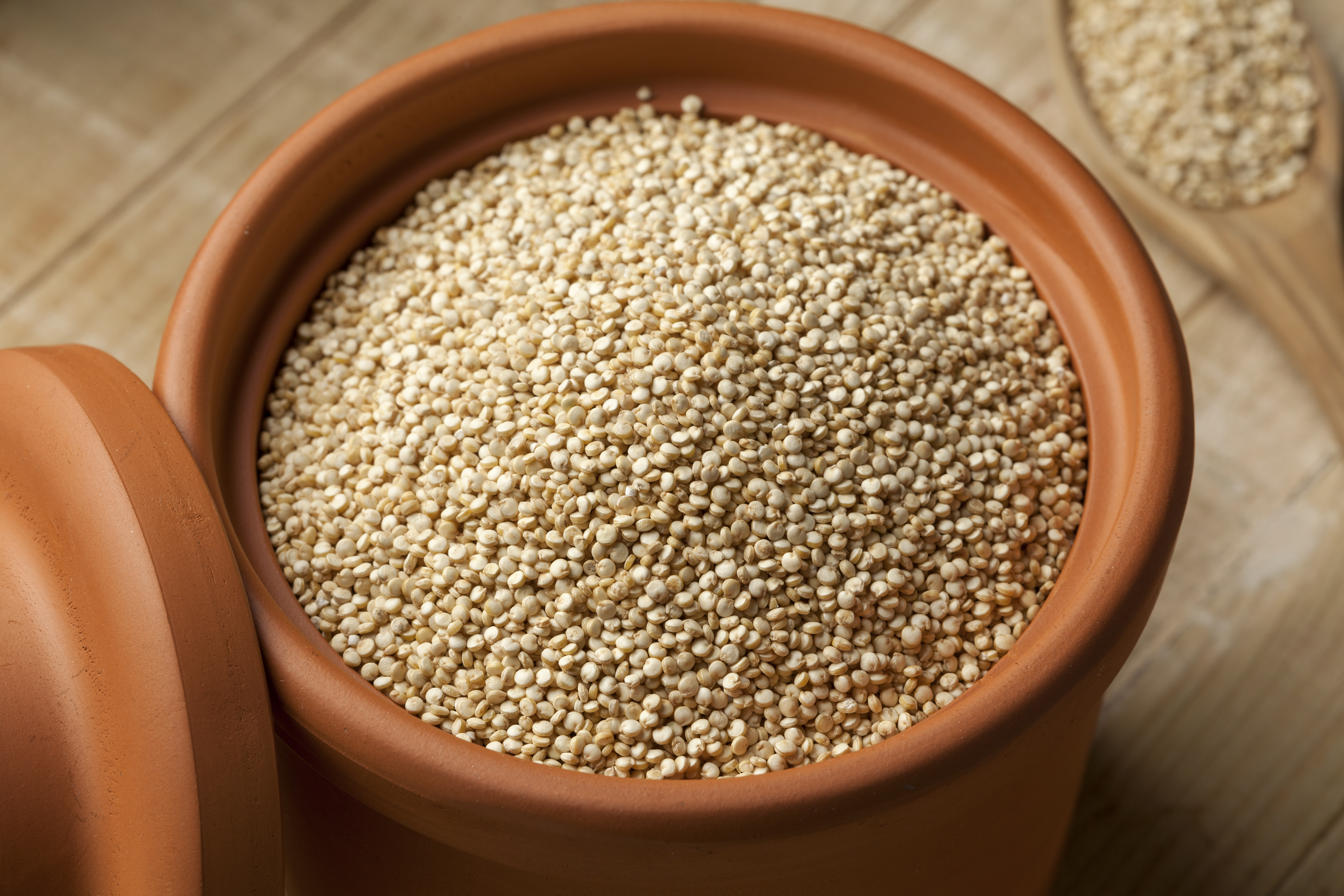
Whole grains are often heralded as the cornerstone of a balanced diet, praised for their fiber content and ability to regulate blood sugar levels. However, not all whole grains are created equal, and some may contribute to elevated cortisol levels. Certain individuals experience stress responses from grains high in gluten, such as wheat and barley, due to their potential to cause inflammation or digestive distress. This stress response can trigger the release of cortisol as the body attempts to manage inflammation, inadvertently leading to a cycle of stress and hormone imbalance. Understanding your body's unique reaction to these grains is crucial in managing cortisol levels effectively.
2. The Dark Side of Green Smoothies
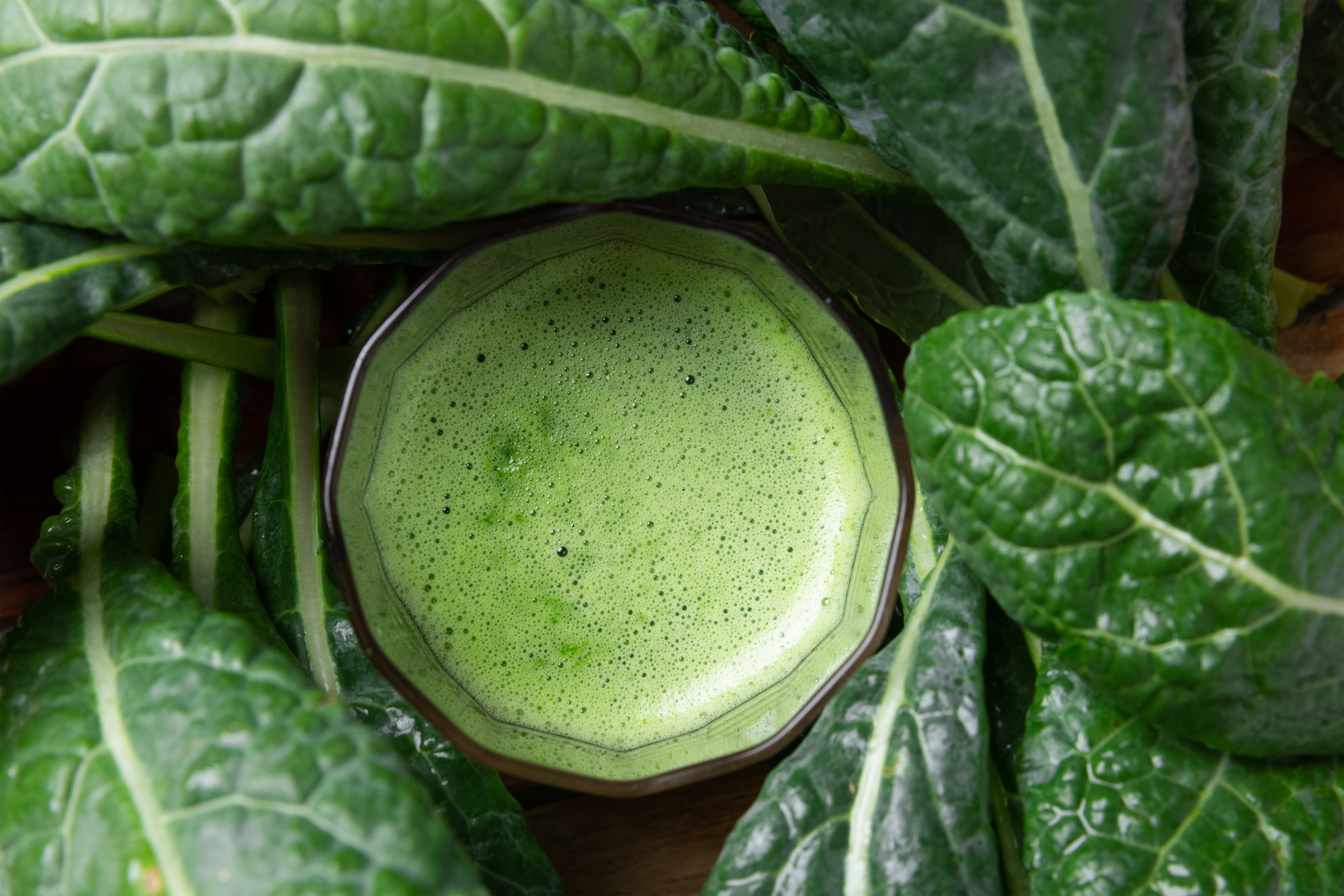
Green smoothies, packed with leafy greens and fruits, are often seen as the epitome of health. Yet, the oxalates found in some greens like spinach and kale can contribute to adrenal stress in sensitive individuals. High oxalate intake can lead to the formation of kidney stones and may provoke an inflammatory response, prompting the adrenal glands to release more cortisol. Furthermore, the high sugar content from fruits in smoothies can cause blood sugar spikes and crashes, further exacerbating cortisol production. Moderation and variety in smoothie ingredients can help mitigate these effects, ensuring that your green drink remains a health ally rather than a hidden stressor.
3. The Sweet Deception of Agave Nectar

Agave nectar is often marketed as a natural, low-glycemic sweetener, making it a popular choice among health-conscious consumers. However, its high fructose content can be problematic, as excessive fructose intake is linked to increased cortisol levels. Fructose is metabolized in the liver, and when consumed in large quantities, it can lead to insulin resistance and inflammation, both of which can trigger cortisol release. This sweetener, while seemingly benign, can thus contribute to a stress response in the body, undermining its healthful image. Limiting agave nectar and opting for more balanced sweeteners can help maintain cortisol balance.
4. The Hidden Stress in Dairy Alternatives
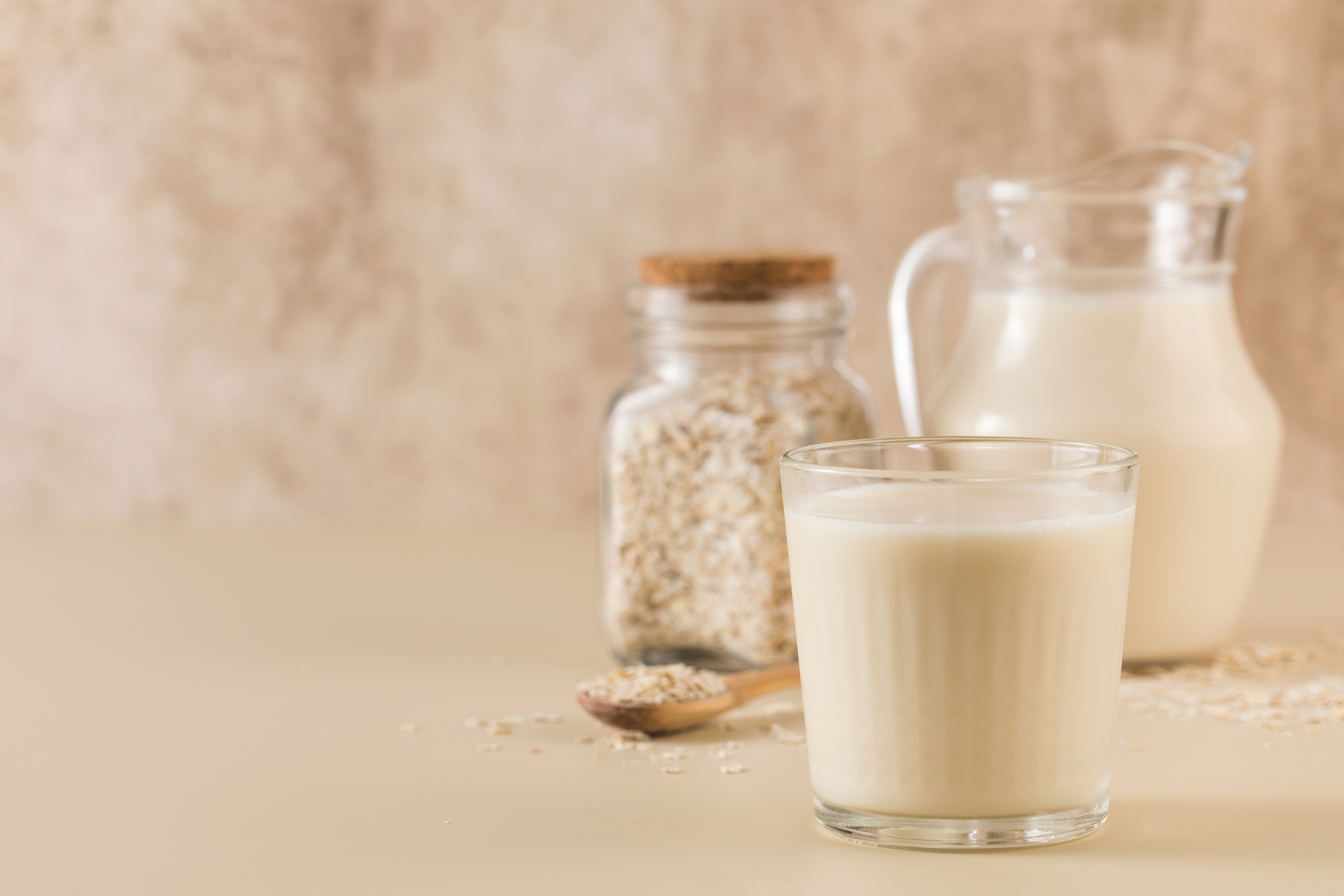
Dairy alternatives like almond, soy, and oat milk have become staples for those avoiding traditional dairy. However, these 'clean' options may not be as stress-free as they appear. Many of these products contain added sugars and preservatives that can disrupt blood sugar levels, leading to increased cortisol production. Additionally, soy-based products often contain phytoestrogens, which can interfere with hormone balance and stress responses. Choosing unsweetened versions and being mindful of ingredient lists can help mitigate these potential stressors, allowing you to enjoy dairy alternatives without the unintended cortisol spike.
5. The Surprising Impact of Quinoa

Quinoa is often celebrated as a superfood, rich in protein, fiber, and essential amino acids. However, it also contains saponins, compounds that can irritate the gut lining and potentially lead to inflammation. This inflammatory response can trigger the body's stress mechanisms, resulting in elevated cortisol levels. While quinoa is nutritious, it's important to prepare it properly by thoroughly rinsing it before cooking to reduce saponin content. This simple step can help minimize its potential to elevate cortisol, allowing you to enjoy its benefits without the hidden stress.
6. The Caffeine Conundrum of Green Tea
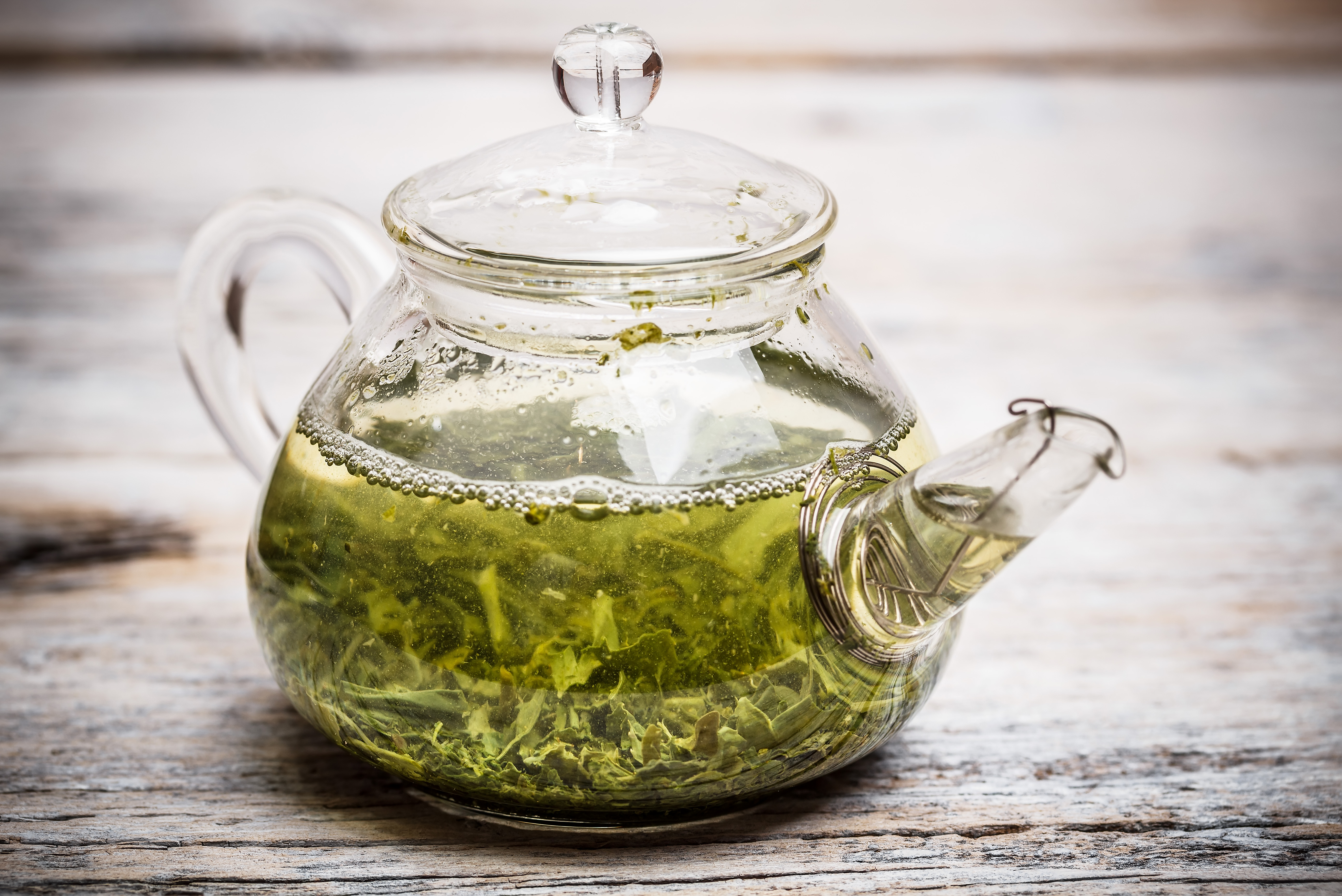
Green tea is lauded for its antioxidants and health benefits, but its caffeine content can be a double-edged sword. While moderate caffeine consumption can be beneficial, excessive intake can lead to increased cortisol production, especially in individuals sensitive to caffeine's effects. The stimulating properties of caffeine can trigger the adrenal glands, leading to a stress response. Balancing your intake and choosing decaffeinated options can help mitigate these effects, ensuring that your green tea habit supports rather than undermines your stress management efforts.
7. The Unseen Stress of Fermented Foods

Fermented foods like kimchi, sauerkraut, and kombucha are praised for their probiotic benefits and role in gut health. However, they can also be a source of stress for individuals with histamine intolerance. Fermented foods are high in histamines, which can lead to inflammation and a stress response in sensitive individuals, prompting increased cortisol production. Understanding your body's tolerance to histamines and moderating your intake of fermented foods can help prevent these hidden stressors from impacting your cortisol levels, allowing you to enjoy their benefits without the unintended consequences.
8. The Omega-3 Dilemma of Fish Oil
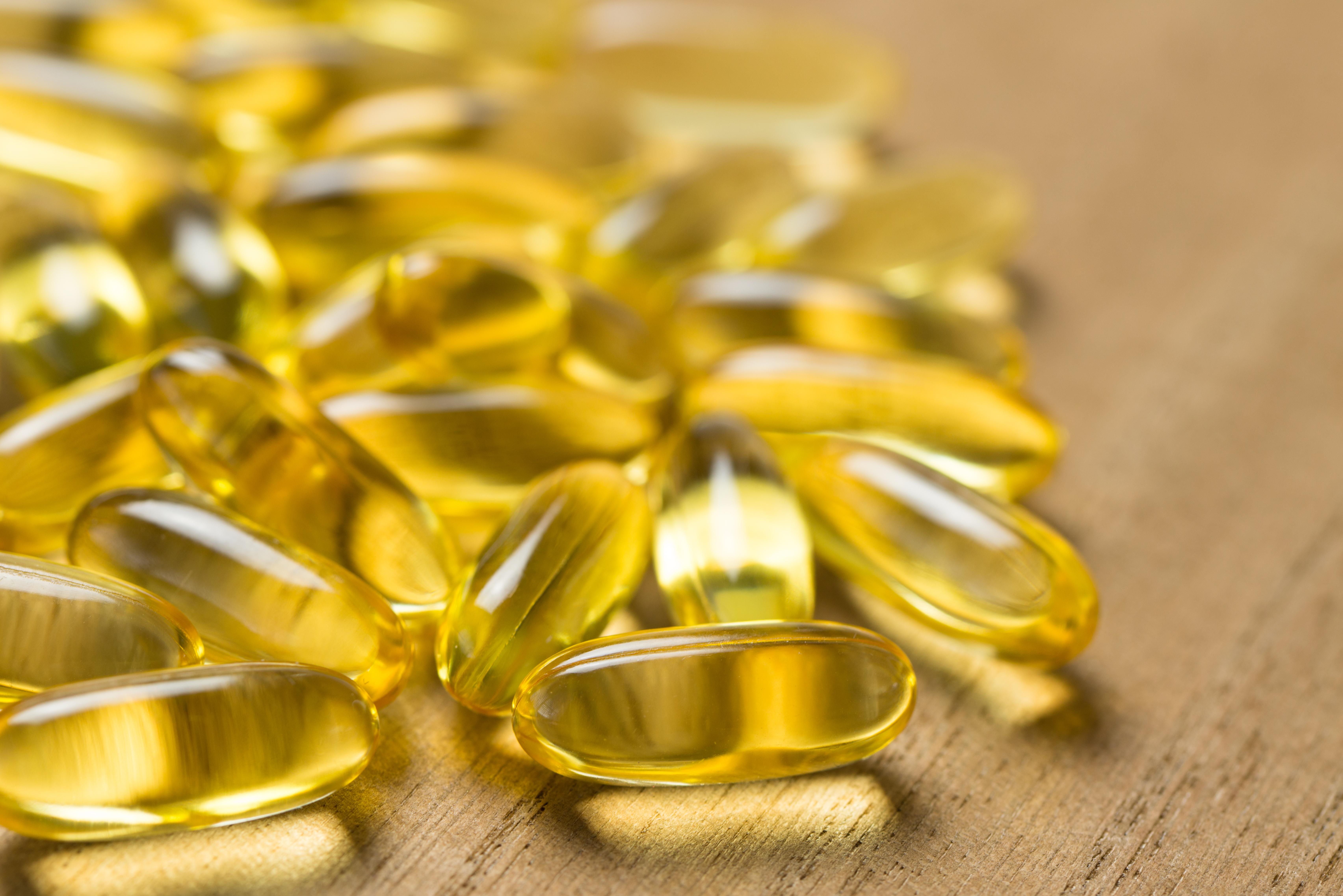
Fish oil supplements are widely used for their omega-3 fatty acids, known for their anti-inflammatory properties. However, excessive consumption can lead to an imbalance in omega-3 and omega-6 fatty acids, potentially causing an inflammatory response. This imbalance can trigger cortisol production as the body attempts to manage the inflammation. Ensuring a balanced intake of omega-3 and omega-6 fatty acids through diet and supplements is crucial in preventing this unintended stress response, allowing you to reap the benefits of fish oil without the cortisol spike.
9. The Stress Potential of Nuts and Seeds
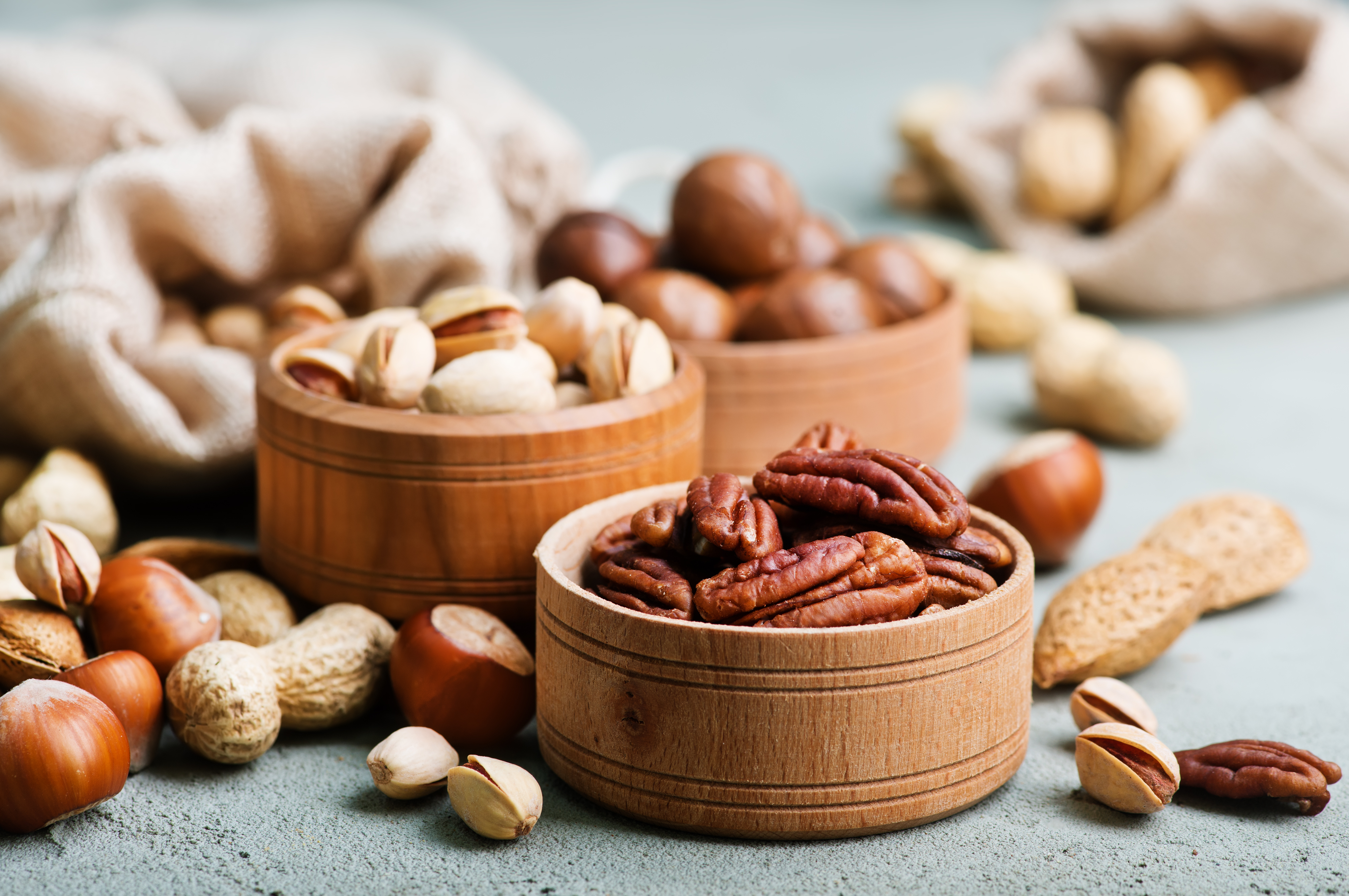
Nuts and seeds are nutrient-dense foods, rich in healthy fats, protein, and fiber. However, they also contain phytic acid, an anti-nutrient that can interfere with mineral absorption and potentially lead to inflammation. This inflammatory response can trigger cortisol production as the body attempts to manage the stress. Soaking nuts and seeds before consumption can reduce phytic acid content, mitigating their potential to elevate cortisol levels. By taking this simple step, you can enjoy the health benefits of nuts and seeds without the hidden stress.
Navigating the 'Clean' Food Maze
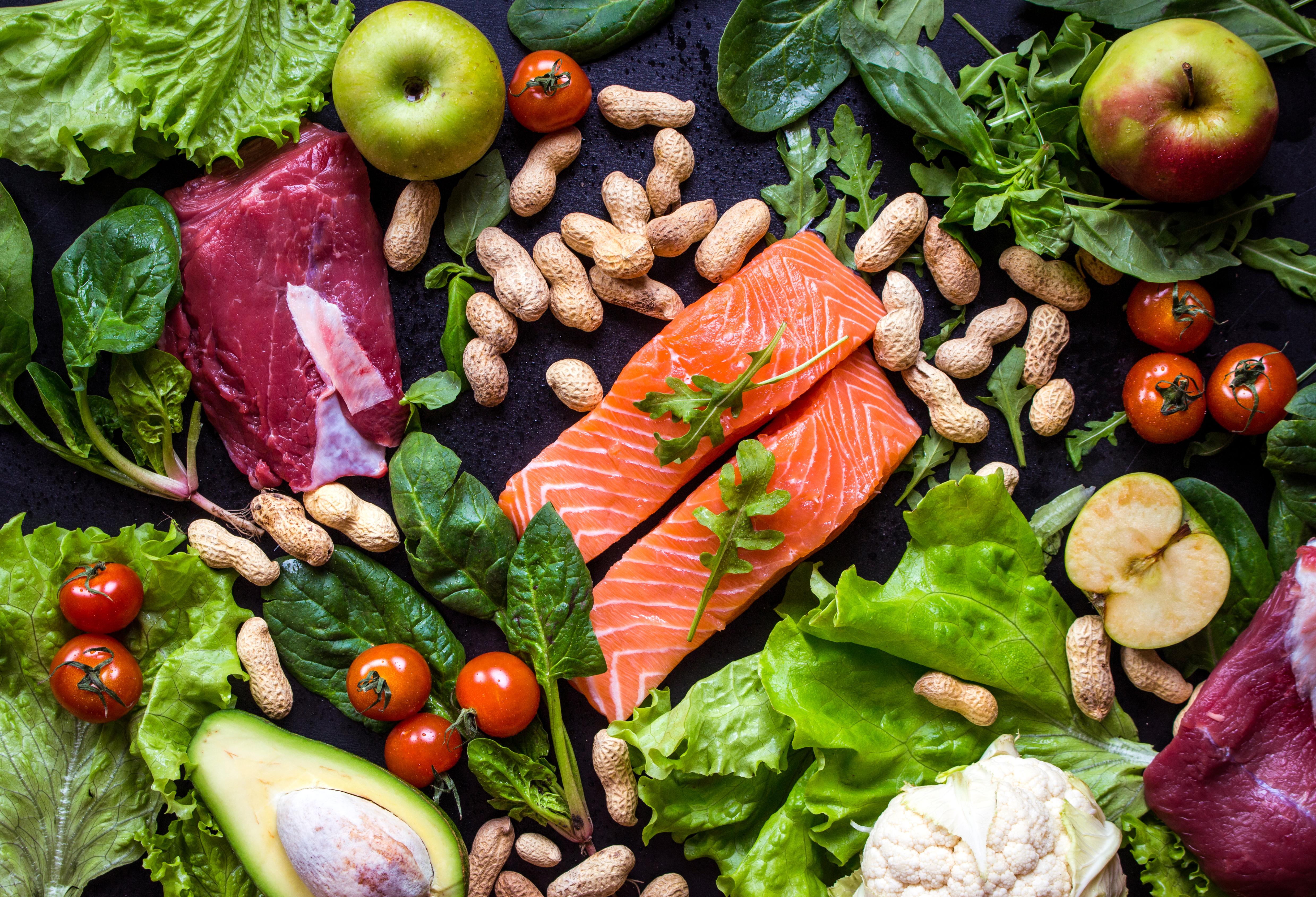
In our pursuit of health, it's easy to overlook the potential stressors hidden within 'clean' foods. While these foods offer numerous benefits, understanding their potential impact on cortisol levels is crucial for maintaining overall well-being. By being mindful of portion sizes, preparation methods, and individual sensitivities, we can enjoy these foods without compromising our stress management efforts. As we navigate the complex landscape of nutrition, knowledge and moderation remain our greatest allies in achieving a balanced and healthy lifestyle.
